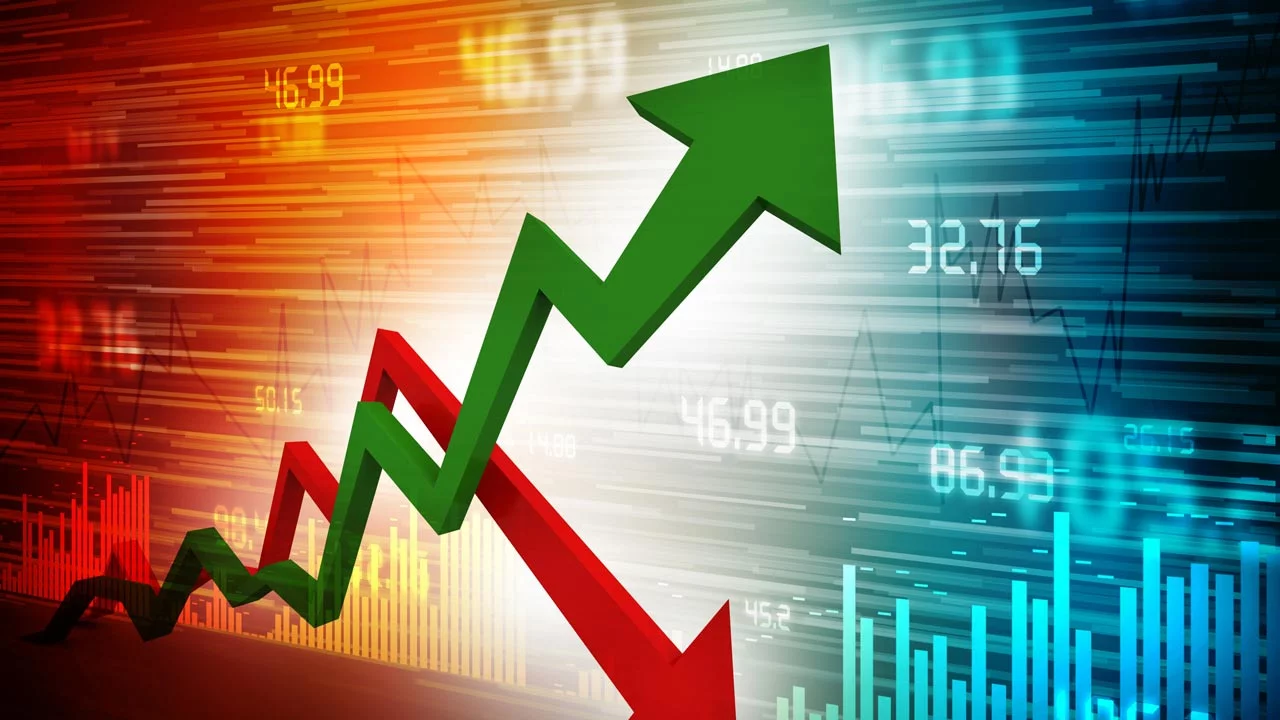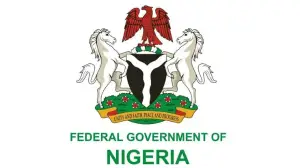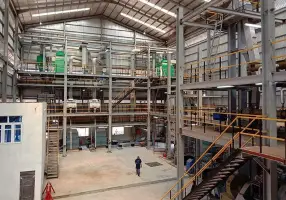The National Bureau of Statistics (NBS) has announced that Nigeria's Gross Domestic Product (GDP) has reached N372.8 trillion in 2024, following a significant rebasing exercise that shifted the calculation base year to 2019.
According to the statement released by the Statistician-General on Monday, this new figure represents approximately $243 billion at the current exchange rate of N1,530 to $1 as of July 2025.
The rebasing exercise has substantially increased the measured size of Nigeria's economy, with the 2019 base year initially placing the economy at N205.09 trillion. The subsequent years showed consistent growth in nominal terms: N213.63 trillion in 2020, N243.30 trillion in 2021, N274.23 trillion in 2022, N314.02 trillion in 2023, and finally reaching N372.82 trillion in 2024.
The NBS report highlighted that this revision represents a 41.7 percent increase in nominal estimates compared to the previous calculations. This is notably lower than the 59.7 percent revision recorded during the 2010 rebasing exercise, suggesting a more mature economic measurement system.
"The increase in the size of the economy is attributed to the new methodology for GDP calculation, which now incorporates more informal sectors previously unaccounted for," the NBS explained in its statement.
Real GDP Growth Trends
The rebased figures also provide insights into Nigeria's economic performance over recent years. Real GDP growth stood at 3.38 percent in 2024, showing resilience despite global economic challenges.
Looking at historical data, the economy experienced a significant contraction of -6.96 percent in 2020, largely due to the COVID-19 pandemic and associated lockdowns. A modest recovery began in 2021 with 0.95 percent growth, followed by stronger performances in 2022 and 2023, at 4.32 percent and 3.04 percent respectively.
Economic analysts suggest that the rebasing provides a more accurate picture of Nigeria's economic structure, particularly by capturing previously underrepresented sectors in the informal economy, which plays a significant role in employment and value creation across the country.
The rebasing exercise, which was previously announced by the NBS earlier this year, aligns with international best practices that recommend updating GDP base years every five to ten years to ensure economic measurements remain relevant and accurate.
Stay updated with the latest economic news and analysis by following BenriNews on our social media channels: Facebook, Twitter, LinkedIn, WhatsApp, and Telegram.













